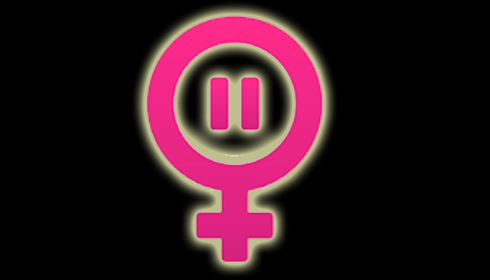
Menopause is associated with an increased risk of heart disease in women, says a senior homoeopath
Dr Kushal Banerjee, a senior homoeopath at Dr Kalyan Banerjee’s Clinic, highlights the elevated risk of cardiac diseases among women experiencing menopause. Menopause, a natural biological phase marking the cessation of menstrual cycles typically occurring in women between their late 40s and early 50s, signifies the end of ovulation and a decline in hormone production, particularly oestrogen and progesterone.
Despite some progress in awareness, heart disease remains predominantly perceived as a male concern. However, it's imperative to acknowledge that heart disease stands as the leading cause of death among women in numerous countries. Gender disparity in accessing healthcare services is a global issue, not confined to India. Recent studies indicate that two-thirds of hospital visits for cardiac issues were made by male patients. Additionally, there's a significant disparity in hospital visits between boys and girls within the same age group, with almost twice as many boys being brought to hospitals. Moreover, research suggests that the more care centres are from a patient’s residence, the lower the percentage of female patients visiting.
Dr Kushal Banerjee emphasises that while menopause is a natural process, it doesn't imply the automatic manifestation of diseases. However, changes occurring in the body during menopause can contribute to an increased risk of certain diseases, including heart disease. Homoeopathy, depending on the patient's condition, can aid in increasing metabolism, weight reduction, controlling blood sugar levels, enhancing circulation, and addressing various other factors crucial in managing severe heart challenges like cardiac arrest. Lifestyle changes, such as diet and exercise, also play a significant role in managing these risks.
Addressing shared risk factors such as irregular mealtimes, lack of exercise, disrupted sleep, and mental stress is essential to combating heart disease in women. Dr Banerjee underscores the role of homoeopathy in preventing and managing heart disease, advocating for judicious investigations and timely interventions to identify early signs or risk factors. Homoeopathic medicines like aconite and arnica are noted for their effectiveness in hypertension management, with documented cases of preventing cardiac events. Moreover, protocols for coronary artery disease in homoeopathic practices have successfully managed cases and even prevented invasive procedures like stents or cardiac bypass surgeries in some instances.
Dr Banerjee advises caution when introducing homoeopathic treatments for patients already on conventional medications, emphasising gradual transitions and monitoring for improvements. In some cases, homoeopathy may complement conventional treatments, particularly in managing conditions where allopathic options are limited due to side effects or co-morbidities like kidney and liver diseases.
The realm of homoeopathy demonstrates an intrinsic understanding of diseases affecting women differently from men, with ongoing research and publications focusing on women's health, especially cardiac well-being. This commitment not only enriches homoeopathic literature but also underscores efforts to tailor effective remedies for women's specific needs across all age groups.